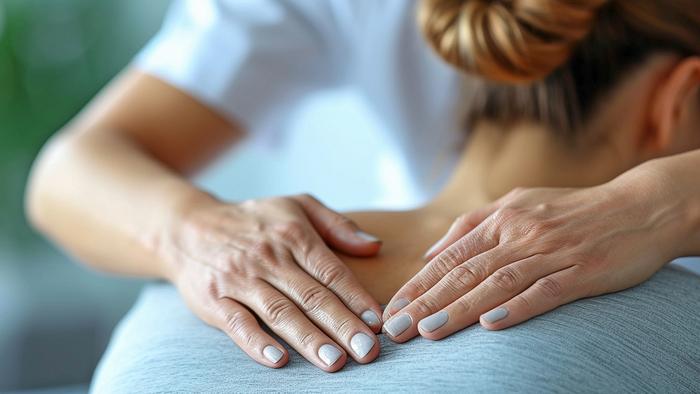COLUMBIA, Mo. — Even before the coronavirus pandemic, high rates of burnout and staffing shortages plagued the nursing industry, primarily because of the stressful demands of the job. The COVID-19 pandemic only amplified these challenges, and with nearly a third of all Missouri nurses nearing retirement, improving nurse retention is key to avoiding an impending nursing workforce crisis in our state.
COLUMBIA, Mo. — Even before the coronavirus pandemic, high rates of burnout and staffing shortages plagued the nursing industry, primarily because of the stressful demands of the job. The COVID-19 pandemic only amplified these challenges, and with nearly a third of all Missouri nurses nearing retirement, improving nurse retention is key to avoiding an impending nursing workforce crisis in our state.
Despite dozens of studies proving burnout is an issue, few provide interventions to help nurses — and their patients — overcome its challenges.
A recent study by the University of Missouri has found that a simple and common-sense solution — giving nurses massages during their work shift — not only reduces their physical aches and pains but also leaves them feeling mentally rejuvenated to return to work. The findings can help leaders in health care and other industries with high rates of burnout consider the impact massages or other interventions can have on improving employee well-being and reducing high rates of staff turnover.
From the bedside to the research lab
Jennifer Hulett has been a nurse for 30 years and is now a researcher at Mizzou’s Sinclair School of Nursing. She knows firsthand how 12-hour shifts lead to physical aches and pains, chronic stress and a high rate of burnout.
With so many nurses leaving the profession for less stressful careers, the extremely high rate of burnout has caused a constantly revolving door of staffing shortages throughout the nursing industry, with the average new nurse becoming burned out within 18 months on the job.
“I have seen over the years the physical and mental toll the job puts on nurses, and many nurses are not healthy as a result,” Hulett said. “It is unfortunate because nurses dedicate their careers to taking care of their patients, but no one is taking care of the nurses. I’m determined to change the culture of the nursing industry in a way that improves well-being through mind-body interventions.”
In the recently published study, nurses were surveyed on their physical symptoms related to aches and pains as well as their mental well-being before and after receiving 15-minute massages twice per week during their work shift for a month.
“After just one month of the intervention, the nurses reported fewer aches and pains after receiving the massages,” Hulett said. “Perhaps the most important finding was the nurses often reported feeling rejuvenated to go back to work after the massages, improving their overall mental well-being.”
Hulett’s main objective is to create a healthier work environment where nurses are excited to go to work and want to remain in the profession long-term. Massages could be just one intervention among a toolbox of options nurses could potentially choose from. She added that more research is needed to further explore other types of interventions to see which ones might be most effective in improving employee well-being.
“It is time to start thinking outside the box because if we do nothing, current staffing shortages will continue to get worse,” Hulett said. “We have seen over the years that it becomes a vicious cycle where you are constantly hiring new nurses without enough experienced nurses to mentor and train the new hires. This ultimately impacts the quality of care that gets delivered to patients, and that is another critical topic future research can explore.”
While this particular study focused on burnout in the nursing industry, Hulett added that other healthcare professionals and professions that experience high rates of staffing shortages because of burnout could benefit from this type of intervention.
“Massage therapy for hospital-based nurses: A proof-of-concept study” was published in Complementary Therapies in Clinical Practice. Hulett collaborated on the study with Susan Scott.
Journal
Complementary Therapies in Clinical Practice
DOI
10.1016/j.ctcp.2024.101846
Method of Research
Experimental study
Subject of Research
People
Article Title
Massage therapy for hospital-based nurses: A proof-of-concept study
Article Publication Date
11-Mar-2024





